Episode #27: Oh, The Thinks you can Think! Lessons from Mindfulness Teacher, Dave Trachtenberg
Today, we have an AMAZING guess on the podcast, Dave Trachtenberg. Dave is the Program Director at Minds Incorporated. Minds Inc. is a non-profit dedicated to empowering Washington DC-area schools by teaching mindfulness-based practices to students, educators, and parents.
During the Podcast, Dave shares how
Minds Inc. teaches students, starting in elementary school (and their educators, and parents) simple daily mindfulness practices. Dave speaks about how these teachings increase focus and attention, reduce stress and anxiety, create resilience and the capacity to handle difficult emotions, and build compassion.
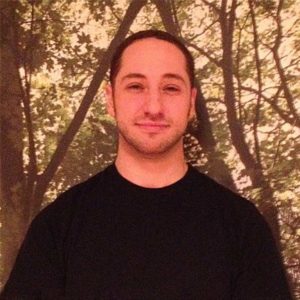 As discussed in the podcast, sometimes when I get down about the state of the world, I find myself doing late night Google searches on how I can make it better. In my searches, I found Minds Inc’s website and came across Dave. Dave shared some beautiful stories about helping young children and teens and also shared his own struggles with OCD, Tic Disorder, Depression and Self-worth.
As discussed in the podcast, sometimes when I get down about the state of the world, I find myself doing late night Google searches on how I can make it better. In my searches, I found Minds Inc’s website and came across Dave. Dave shared some beautiful stories about helping young children and teens and also shared his own struggles with OCD, Tic Disorder, Depression and Self-worth.
Dave answered the following questions:
Tell us about Minds Inc?
What got you involved in teaching meditation to Teachers, Students and Parents?
What is your personal experience with meditation and Mindfulness?
What at some experiences/examples of situations you have had with youth at Minds Incorporated? (successes, struggles, changes made)?
What type of meditation does Minds Inc. teach?
What special tools/practices do you use for living mindfully?
What advice do you give for those starting out with meditation?
Tell us how you manage struggles with meditation?
How can we teach our children?
This was one of my favorite conversations and I am so thrilled to share it with you. I would love to hear your feedback.
Have a wonderful day!
Kimberley
Resources:
Angel Kyodo Williams http://transformativechange.org/founder/
Pema Chodron Link here
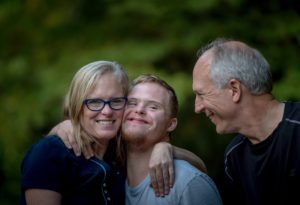
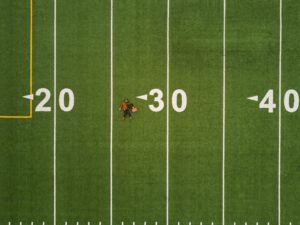
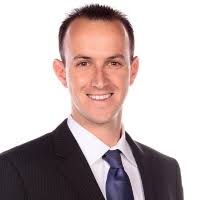
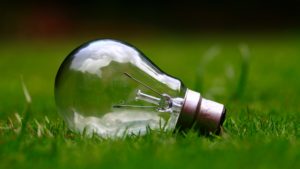
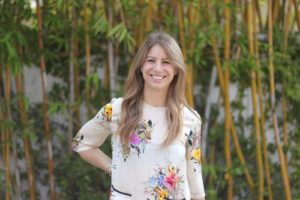 Today, I was lucky enough to interview Zoe Gillis, who I consider to be the MASTER of combining mindfulness with a wilderness practice. She combines hiking, backpacking and camping with Mindfulness and Meditation as a way to get a deeper understanding of our self and each other. It is BRILLIANT stuff and it makes me want to pack my bags and go camp in the dessert right now!
Today, I was lucky enough to interview Zoe Gillis, who I consider to be the MASTER of combining mindfulness with a wilderness practice. She combines hiking, backpacking and camping with Mindfulness and Meditation as a way to get a deeper understanding of our self and each other. It is BRILLIANT stuff and it makes me want to pack my bags and go camp in the dessert right now!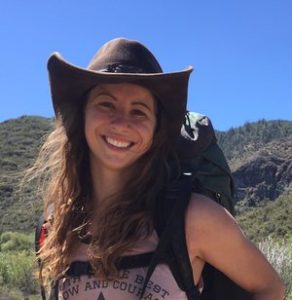 During this podcast, Zoe and I discuss:
During this podcast, Zoe and I discuss: